
blogging about (mostly queer) media i'm watching 🎬📚enjoy your visit to my internet abode!
279 posts
Latest Posts by lotusclouding - Page 8
You know what the second I stopped saying “I wish I had a friend who-“ and started being “the friend who-“ my life has gotten 100% more fulfilling
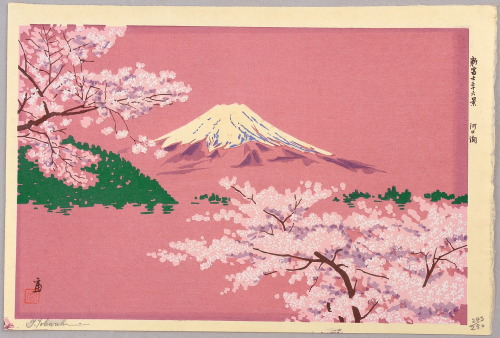
Tokuriki Tomikichiro Lake Kawaguchi - New Thirty-six Views of Mt. Fuji Date:Ca. 1950s.
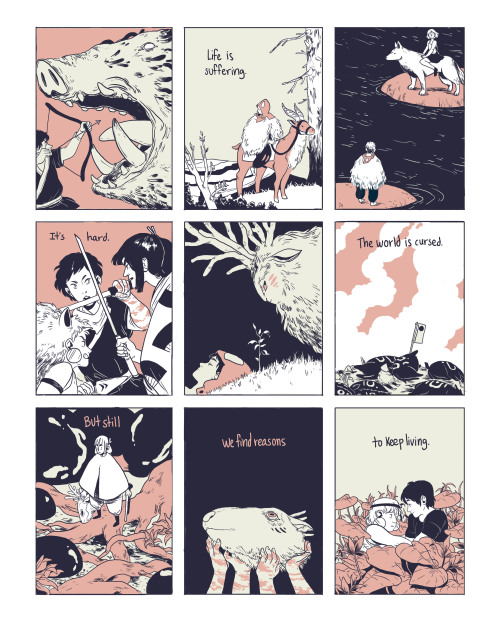
a 9 panel tribute to Princess Mononoke, one of my favorite movies in the world

according to my calculations you’re fucking HOT
julance day 2! lance in glasses + turtleneck ayyy







“Root Bench” by Yong Ju Lee, Yongsan-gu, Seoul, South Korea
© Kyungsub Shin
When I joined Engineering, for the first time, I found myself to be, academically, just an average person. Below average, in fact. With no other talent, academic prowess was my only source of pride - now even that was gone.
Predictably, when my first semester grades came, I rationalized that since the grades were not outstanding, it did not matter if they were decent or absolutely horrible. I call this an ‘all or nothing’ mindset.
As a result, I stopped caring and my grades kept slipping.
And all my sins are catching up when I'm having to apply for an internship or job interview. I'm having constant anxiety.
This all or nothing mindset is pure evil. This is why, when things are not going well, we totally give up instead of fighting to redeem whatever is possible. It is why we wait for the New Year to make resolutions instead of getting started the next day - ‘After all, since this year is imperfect, why bother at all?’
This is why we give up on our dreams when we suffer a setback. This mindset is just an excuse for procrastination.
Life is not a black and white choice between ‘perfect’ and ‘imperfect’; most of life is grayscale. We don’t have to be perfect - we just have to do the best we can, under the circumstances.
![picture of writing prompts to study in korean. writing prompts that helped me learn Korean [pt. 1]: Beginner 1. Introduction: 자기 소개 2. Family: 가족 3. Favourite Food: 가장 좋아하는 음식 4. Daily Routine: 데일리 루틴](https://64.media.tumblr.com/5471d21f7e1ccacc1c5c001a4349661e/5d9637dde21357fa-9b/s500x750/17e812fbe0910463b74efefecfbbf817880a3e2c.jpg)
![[pt. 2] Intermediate 1. Dream Vacation: 꿈의 방학 2. 5-year Plan: 5년후 3. When I was a child: 제가 어렸을 때 4. Dream Job: 꿈의 직업](https://64.media.tumblr.com/50e6fbde5c319bea6ce497d02063bd17/5d9637dde21357fa-64/s500x750/4c8c15c5e5b76833eadec58987663577fc02fd9a.jpg)
![[pt. 3] Advanced 1. 3 Wishes: 3개 소원을 빌기 2. Favourite Book: 가장 좋아하는 책 3. Why is there poverty?: 왜 가난을 있을까요? 4. Medical Issues: 건강에 문제](https://64.media.tumblr.com/c406b25526839f9e24901d5a4f109079/5d9637dde21357fa-6f/s500x750/f8b099d4f5def3b6a60e9ac4b7838e53122deed6.jpg)
If you have more, reblog / comment your ideas so can add more to the list ~
Happy Learning :)
~ SK101




leaf xia rtw fw 2019

over the garden wall, down the harvest stair
i keep trying to memorize every detail of the moments i live in. in the soreness of my legs from standing so long at a concert, the chill of the night, the patterns of a tablecloth, the oily texture in my mouth after eating fried bananas. i keep trying to memorize the feelings, the quiet contentedness, the laughter, the excitement. i keep trying to memorize the people, their smiles, the way they speak, what makes them laugh. i’m constantly on the cusp of the next part of my life and that’s just so.. strange. but it makes it so much easier to find happiness no matter what’s happening to me, in a way? because i’m already kind of looking at life with those rose-colored glasses of nostalgia, simply because i know these are times i’ll never be able to live again, and these are people i might not always have, and that makes it so much easier to appreciate everything i might miss later.
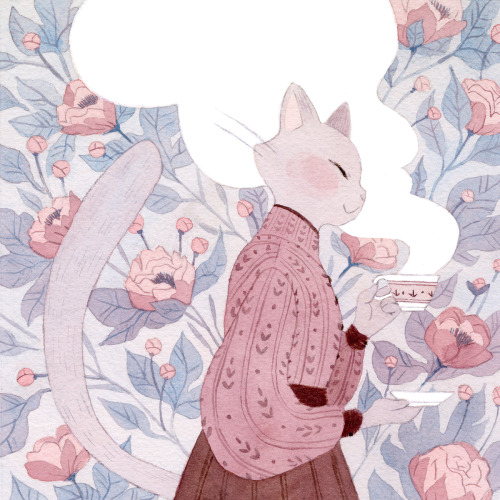
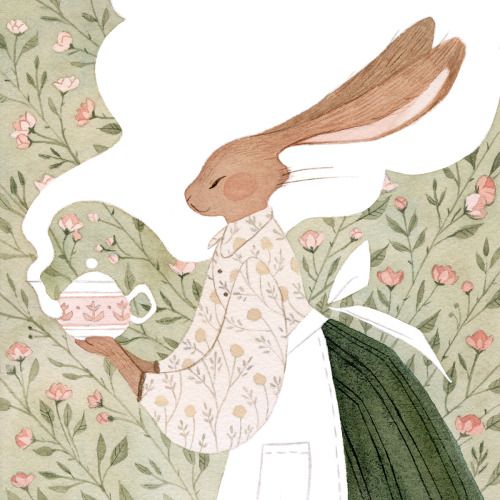
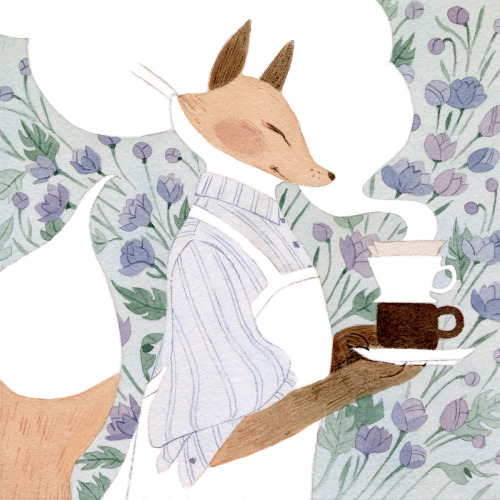
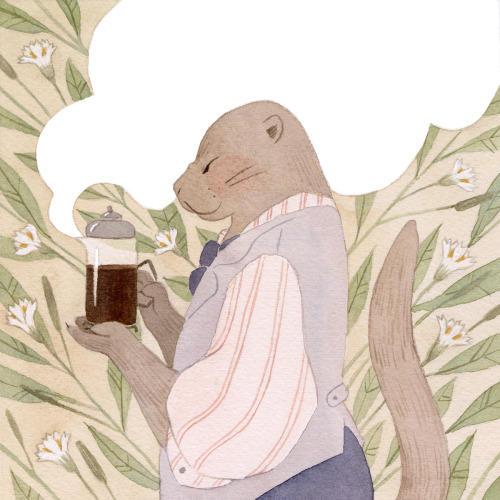
A lot of people have asked me about prints of these caffeinated critters, and I’m happy to announce that they’re now available through gallery nucleus portland here! Thank you so much for your support and interest in these pieces! 💛
i keep trying to memorize every detail of the moments i live in. in the soreness of my legs from standing so long at a concert, the chill of the night, the patterns of a tablecloth, the oily texture in my mouth after eating fried bananas. i keep trying to memorize the feelings, the quiet contentedness, the laughter, the excitement. i keep trying to memorize the people, their smiles, the way they speak, what makes them laugh. i’m constantly on the cusp of the next part of my life and that’s just so.. strange. but it makes it so much easier to find happiness no matter what’s happening to me, in a way? because i’m already kind of looking at life with those rose-colored glasses of nostalgia, simply because i know these are times i’ll never be able to live again, and these are people i might not always have, and that makes it so much easier to appreciate everything i might miss later.
When I joined Engineering, for the first time, I found myself to be, academically, just an average person. Below average, in fact. With no other talent, academic prowess was my only source of pride - now even that was gone.
Predictably, when my first semester grades came, I rationalized that since the grades were not outstanding, it did not matter if they were decent or absolutely horrible. I call this an ‘all or nothing’ mindset.
As a result, I stopped caring and my grades kept slipping.
And all my sins are catching up when I'm having to apply for an internship or job interview. I'm having constant anxiety.
This all or nothing mindset is pure evil. This is why, when things are not going well, we totally give up instead of fighting to redeem whatever is possible. It is why we wait for the New Year to make resolutions instead of getting started the next day - ‘After all, since this year is imperfect, why bother at all?’
This is why we give up on our dreams when we suffer a setback. This mindset is just an excuse for procrastination.
Life is not a black and white choice between ‘perfect’ and ‘imperfect’; most of life is grayscale. We don’t have to be perfect - we just have to do the best we can, under the circumstances.
Korean This vs That Word Differences #3
속에 vs 안에
Both of these mean ‘inside’, as in, one object inside another. However 안에 is normally used to talk about things that are inside objects that can be opened, such as a box, a jar, a drawer etc (e.g. 고양이는 상자 안에 있어요 - The cat is inside the box), whereas 속에 is used to talk about things that are inside objects that cannot be opened, such as the heart, the stomach, the mind (e.g. 내 마음 속에 저장! - You are saved in my heart). As you can tell, usually the things you would use 속에 for are not often physical objects being inside something.
방법 vs 방식
Both of these mean ‘way’ or ‘method’, like in the phrase ‘There is a right way and a wrong way’. 방법 is the more commonly used word and refers to a way/method that takes you from beginning to end of something, such as ‘Do you know the way to use this?’ (이것을 사용하는 방법을 알아요?) or ‘Do you know the best way/method to get to the library?’ (도서관에 가는 가장 좋은 방법을 알아요?). On the other hand 방식 is used more for talking about things that persist and don’t normally end, such as ‘A way of thinking’ (사고방식) or ‘A way of living’ (생활 방식) or ‘A method of payment’ (지불 방식) or ‘That’s just our way of doing things!’ (그건 그냥 우리 방식이야!) There are more ways to say ‘way’ or ‘method’ but these are the one’s you might commonly see
거부하다 vs 거절하다
These are really similar but just vary in strength/degree. Both mean rejection or refusal. 거절 means refusal/rejection in the sense of ‘not accepting something’ (e.g. 나는 너의 거절을 거절한다 - I refuse your refusal) but 거부 means strongly reject/repel (e,g, 내 몸이 약을 거부하고 있어요 - my body is rejecting the medicine). If you used 거부 to refuse someone, it is a pretty huge refusal and means you’re probably not going to change your mind about it.
달걀 vs 계란
There are lots of words like this where the meaning of the word is exactly the same, but the only difference is whether one is Sino-Korean and the other Native Korean. 달걀 is the native Korean word for egg, whereas 계란 (which is commonly taught first) is the Sino-Korean word for egg. It’s okay to use either and actually both are used interchangeably, however its more common these days for people to opt for the native Korean word, therefore 달걀 is worth knowing.
아무튼 vs 어쨌든 vs 어차피
All of these mean ‘anyway’ and these aren’t the only ways to express ‘anyway’ either, however you will hear these rather a lot and there are slightly different uses for each of these. 아무튼 is heard a lot when changing topic or conversation (e.g. 아무튼, 내일 뭐해? - Anyway, what are you doing tomorrow?). However, it can also be used to say ‘in any case’ or ‘whatever the result’ (e.g. 내일 비가 올지도 몰라. 아무튼 우리는 아직 갈 거야 - It might rain tomorrow. Anyway [in any case], we’re still going). 아무튼 is quite a casual term and is sometimes regarded as slang, therefore if you are using it to express ‘in any case’ to someone that you are not close with, you might want to use 어쨌든 instead.
어쨌든 means ‘either way’, ‘anyway’, ‘in any case’, ‘anyhow’. When it is used, it comes across in quite a neutral way, which is why it is often thought of as ‘either way’ - it comes across as you striking the middle ground between views, therefore it is quite a relaxed way of saying ‘anyway’ (e.g. 어쨌든, 너는 결정 할 수 있어 - Anyway, you can decide, or 어쨌든, 그것은 아직 멋있네요! - Anyway [either way], it’s still cool!).
Finally, 어차피 is derived from Hanja and has a slightly different meaning - it is used to express that something is going to happen eventually, such as 어차피 일어날 일이에요 - ‘It’s going to happen anyway’. Further examples = 어차피 잃어버릴 거예요 - ‘You’re going to lose it anyway’, 어차피 살 거예요 - ‘I’m going to buy it anyway’.

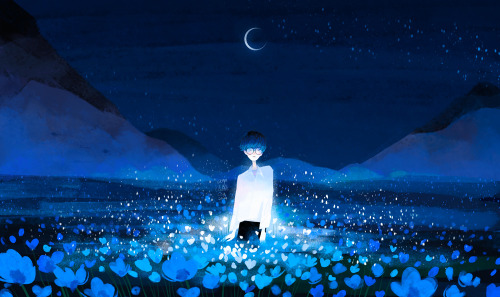
A fluorescent blue sea in the valley Your voice light up every flower The lights are flicker between your breath
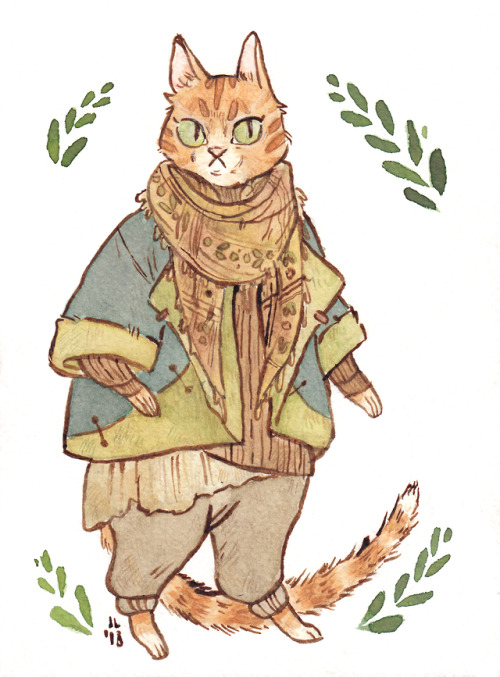
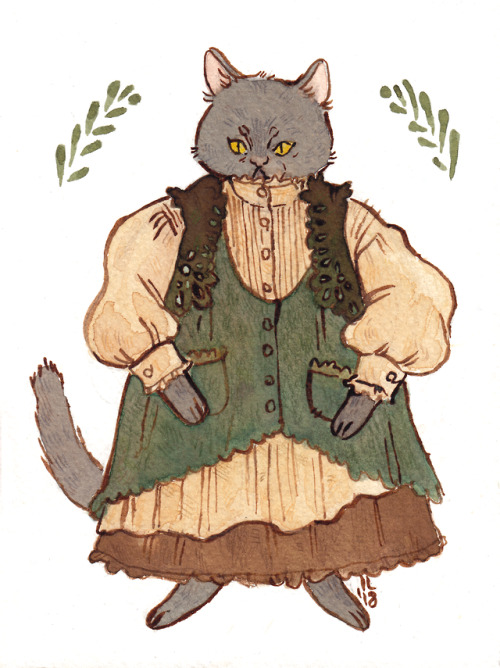
Cozy kitties based off of my own cat and my friend’s Grafit!
aspec culture is looking back at all your “crushes” growing up and realizing they just seemed like cool people and you wanted to be their friend
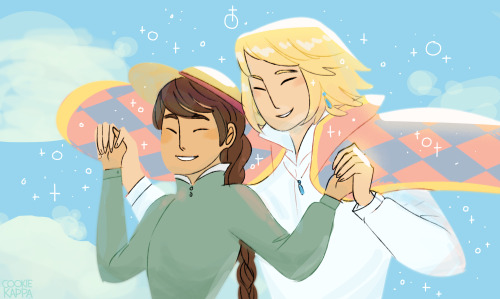
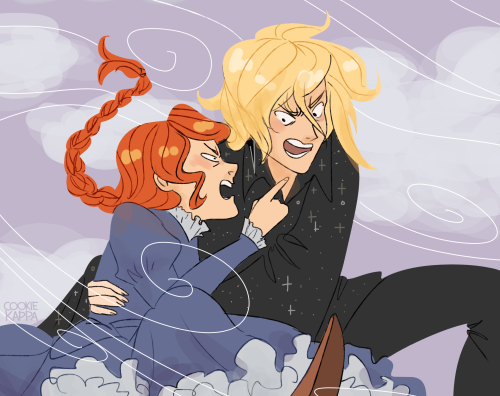
movie vs book (i adore them both)


I can b ur angel or your devil
i understand from an artistic perspective why the four nations are color coded but imagine if that was just like...a thing in real life. like if you went to canada and everyone was wearing purple and you just had to live with that.
i've never heard the words to any of my favorite songs who the fuck even does that. i just vibe with the sounds coming out of the people and instruments and then look them up on azlyrics so i can figure out what the hell is actually going on like god intended.
This blog supports bi people.
This blog understands that bi people are not gay people pretending to be something else.
This blog understands that bi people can be in a heterosexual relationship and still be bi.
This blog understands that bi people can be in a homosexual relationship and still be bi.
This blog understands that bi people can have preferences about who they date and lean more towards a certain gender and still be bi.
This blog does not support biphobia.
If you are biphobic, please get off this blog.




I found a company called “Frantic Meerkat” who makes journals whose sole purpose is to call me out
Cultural Dark Academia
After my last post about the lack of representation in academia, I felt it neccessary to provide some examples of what I’m talking about. Obviously there are more countries in the world than I can list and provide books for, so for a quick list this is what I got. !! Keep researching !! If you have any more books by POC please reply them !! If a country isn’t listed, that doesn’t mean it’s not important, this is just what I could get together real quick. If I made any mistakes, please let me know, we’re all learning. We need to help each other end eurocentrism in academia, so value representation and educate yourselves 💓💓💓
Chinese:
The Art of War by Sun Tzu
The Dream of the Red Chamber
The Water Margin
Romance of the Three Kingdoms
The Journey to the West
The Scholars
The Peony Pavilion
Border Town by Congwen Shen
Half of Man is Woman by Zhang Xianliang
To Live by Yu Hua
Ten Years of Madness by agent Jicai
The Field of Life and Death & Tales of Hulan River by Xiao Hong
Japanese:
A Personal Matter by Kenzaburo Oë
Pakistani:
Moth Smoke by Mohsin Hamid
How to Get Filthy Rich in Rising Asia by Mohsin Hamid
Ghulam Bagh by Mirza Athar Baig
Masterpieces of Urdu Nazm by K. C. Kanda
Irani/Persian:
Rooftops of Tehran by Mahbod Seraji
Savushun by Simin Daneshvar
Anything by Rumi
The Book of Kings by Ferdowsi
The Rubiyat by Omar Khayyam
Shahnameh (translation by Dick Davis)
Afghan:
Earth and Ashes by Atiq Rahimi
A Thousand Splendid Suns by Khaled Hosseini
Indian:
The God of Small Things by Arundhati Roy
Aithihyamala, Garland of Legends by Kottarathil Sankunni
The Gameworld Trilogy by Samir Basu
Filipino:
Twice Blessed by Ninotchka Rosca
The Last Time I Saw Mother by Arlene J. Chai
Brazilian:
Night at the Tavern by Álvares de Azevedo
The Seven by André Vianco
Don Casmurro by Machado de Assis
Colombian:
Chronicle of a Death Foretold by Gabriel Garcia Marquez
Delirio by Laura Restrepo
¡Que viva la música! by Andrés Caicedo
The Sound of Things Falling by Jim Gabriel Vásquez
Mexican:
Bless Me, Ultima by Rudolf Anaya
Adonis Garcia/El Vampiro de la Colonia Roma by Luis Zapata
El Complot Mongol by Rafael Bernal
Egyptian:
The Cairo Trilogy by Nahuib Mahfouz
The Book of the Dead
Nigerian:
Rosewater by Tade Thompson
Things Fall Apart by Chinua Achebe
Malian:
The Epic of Sundiata
Senegalese:
Poetry of Senghor
Native American:
The Inconvenient Indian by Thomas King
Starlight by Richard Wagamese
Almanac of the Dead by L. Silko
Fools Crow by James Welch
Australian Aborigine:
Dark Emu by Bruce Pascoe
First Footprints by Scott Cane
My Place by Sally Morgan
American//Modern:
Real Life by Brandon Taylor
Namesake by Jhumpa Lahiri
The Hate U Give by Angie Thomas
The Poet X by Elizabeth Acevedo
Internment by Samir’s Ahmed
Their Eyes Were Watching God by Zora Neale Hurtson
Rivers of London Series by Ben Aaronovitch
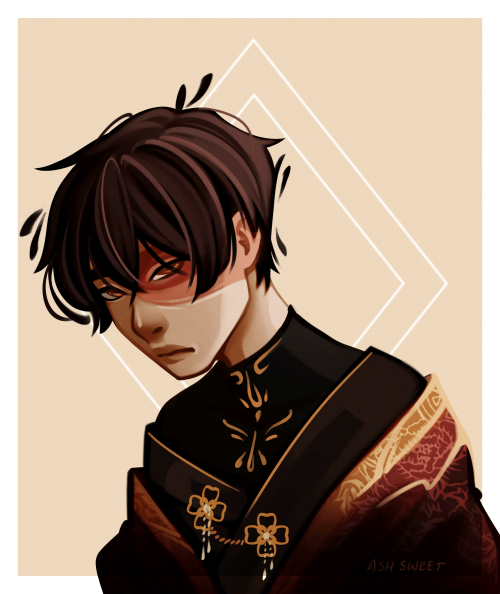
everyone collectively deciding to lose their minds again about ATLA a full decade after its release was a very sexy move on our part.

Happy Pride Month








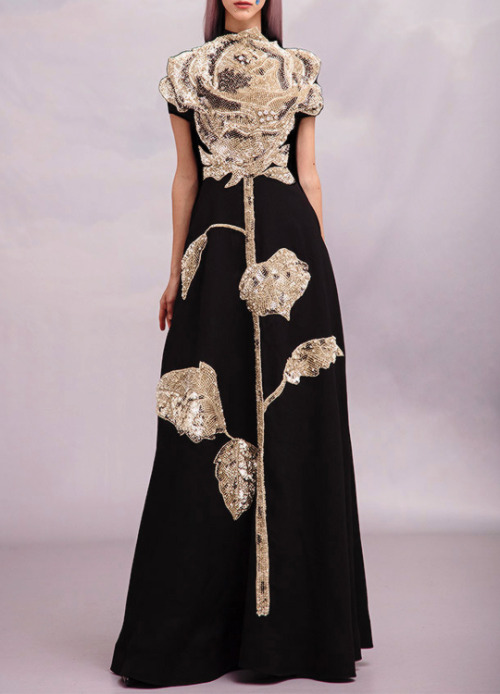

Hussein Bazaza “Amal” a/w 2019-2020 rtw

Bleach is back and I never will make it past the first Soul Society arc (just like the chunin exams haha) but I love you Hitsugaya. You’re the coolest 👏💖❄️✨
Updated Free & Open Source Art Programs
Updated the article as promised!
There are plenty of amazing art programs out there, but many cost money to buy (and sometimes a lot), which can be hard for an artist to justify. There are also a lot of artists that wish to support open source inititatives, which is great. This is a list of my favorite free art programs, many of which are open source. If you can, donate to the developers to keep these projects alive!
Digital Painting and Drawing Software
Pixel Art
Photo Editing Software
Illustration & Graphic Design Software
Video Editing Software
3D Modelling & Animation Software
Audio/ Music
PDF Viewers & Editors
Discussion
Learning a language at school is like I can debate important political issues in this language but I cannot remember the word for chair